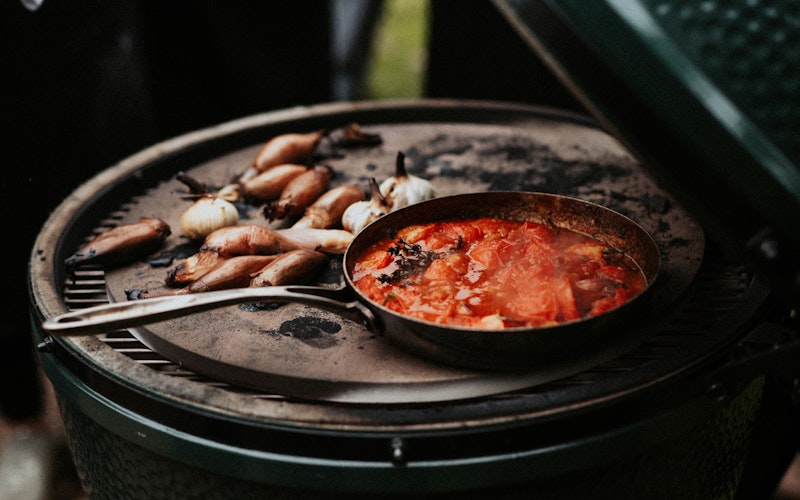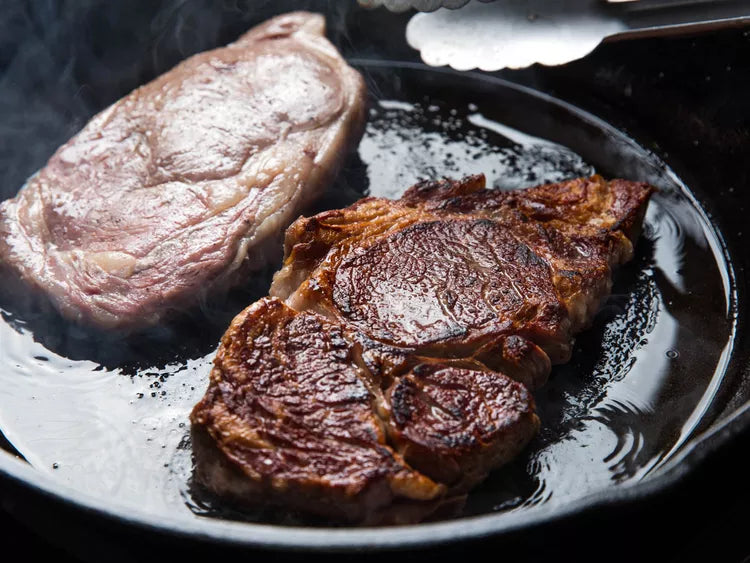For many kitchen professionals, the question do you oil a baking stone is not just about maintenance but also about the impact on culinary creations. Whether you're an experienced chef or a passionate home baker, understanding the proper care of a baking stone is crucial to maintaining its performance and extending its lifespan.

Understanding the Purpose of a Baking Stone
A baking stone is a versatile tool in the kitchen, known for evenly distributing heat, which enhances the texture of baked goods, from pizzas to breads. Investing in a quality baking stone is akin to having a reliable culinary partner, one that contributes significantly to the quality and consistency of your baking results.
The Oiling Myth: To Oil or Not to Oil?
One might wonder, do you oil a baking stone? The answer, surprisingly to some, is no. Unlike cast iron cookware that requires regular seasoning with oil, a baking stone thrives with simplicity and minimal maintenance. Oiling a baking stone can cause it to become sticky and may result in smoke during the baking process. For optimal function, a baking stone should remain dry and clean.
Why Oiling Is Not Recommended
Oiling a baking stone introduces unnecessary moisture, which can lead to uneven cooking surfaces. If a stone becomes saturated with oil, it might compromise the stones ability to properly absorb moisture from the dough, affecting the texture and quality of your baked goods.
Simple and Effective Maintenance Tips
The best way to care for your baking stone is through regular cleaning and proper usage. This includes scraping off food residues with a flat spatula and occasionally wiping it with a damp cloth. For further guidance, consider reading about seasoning a baking stone to understand the maintenance nuances.
Common Mistakes in Baking Stone Usage
Even experienced chefs sometimes make mistakes when using a baking stone. One typical error is placing a cold stone into a hot oven, which can lead to thermal shock and cracking. To prevent this, always place your baking stone in a cold oven and allow it to preheat. For more detailed insights, check out our article on baking stone oven placement.
Maintaining the Stone's Integrity
With time and use, baking stones naturally develop slight discolorations or stains from oils in food, all part of creating a unique patina that enhances its nonstick property. If necessary, external resources such as baking with a pizza stone can provide additional insights on how to use these tools effectively.
A Clean Stone is a Happy Stone
Regular maintenance is essential. Avoid using soap on your baking stone as it can be absorbed and leave an unpleasant taste. Instead, use a combination of baking soda and water for stubborn spots. For specifics on cleaning, you can explore our piece on washing a baking stone.
:max_bytes(150000):strip_icc()/pizza-stone-testing-winners-the-original-baking-steel-wdickey-7-63-0eab155b17994dcc94fe89c908bab57d.jpg)
FAQs About Baking Stones
Can I use soap to clean my baking stone?
It is not recommended to use soap, as it can be absorbed by the stone, leaving a residue that can affect the taste of your baked goods. Instead, use a scraper and hot water to clean it.
How do I remove stubborn stains?
Stubborn stains can be tackled with a paste of baking soda and water. Apply the paste to the stain, let it sit for 10-15 minutes, and then scrub gently with a brush. For deeper insight into stain removal, consider our article on removing stains from baking stones.
Is preheating important before using a baking stone?
Yes, preheating is essential. A correctly preheated baking stone ensures even heat distribution for perfect baking. Never place a cool stone into a hot oven; always allow it to warm as the oven heats.
For more tips on maximizing your baking stone's potential, visit how to use stone bakeware for comprehensive guidance.
This article contains affiliate links. We may earn a commission at no extra cost to you.






Leave a comment
This site is protected by hCaptcha and the hCaptcha Privacy Policy and Terms of Service apply.